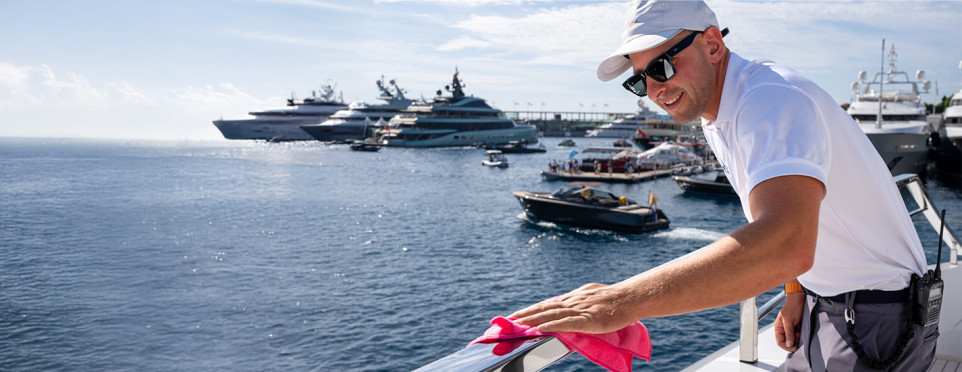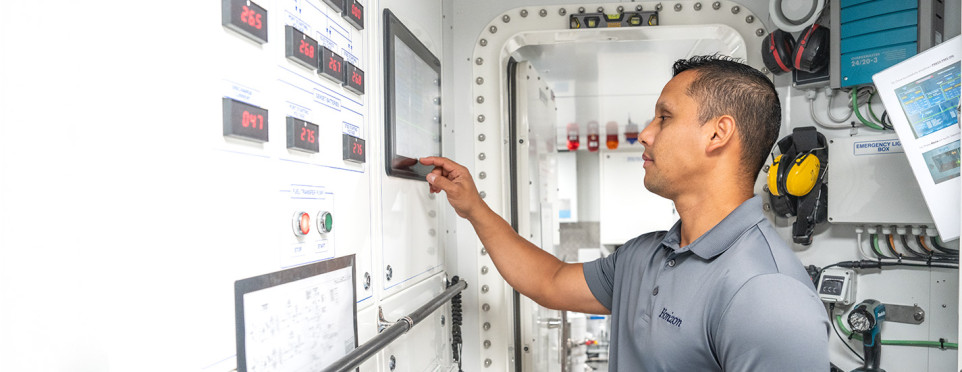
The yacht crew training landscape is changing - fast. And who’s in front? It’s the UK Maritime and Coastguard Agency (MCA), which is pushing hard to modernize not just Navy but (interestingly) also yacht crew training. The MCA is moving, and it’s taking a lot of people and organisations along with it. These changes started - with some fanfare - in 2011. They are set to transform the industry.

In 2024, the International Maritime Organization (IMO) will hold a meeting in London that brings together global maritime nations to take up matters concerning the STCW Convention. This convention, which stands for the Standards of Training, Certification, and Watchkeeping for Seafarers, serves as a kind of global constitution for the kinds of training and certification that are to be expected of professional mariners.
The cornerstone of international maritime law is about to see its next big revision.
Yet, the UK MCA is not putting off any implementation of changes while they wait for formal discussions to occur - they are already making some changes that will affect the future direction of the convention.
The clarity of purpose is undeniable: to push nautical education into the contemporary epoch. This scheme accepts the latest tech, all while fitting itself to the modern-day maritime milieu. The shifts, however, are not of the tortoise variety. They are heading for an outcome we can already see: an updated system that directly benefits the unlimited certificate holder; that serves, in a year or so, the future crew of any sailing vessel.

Some practices are about to see a big change; they are about to be modernized. Here are a few that fall into the ’traditional’ realm that are about to give way to new, modern approaches:
Outdated Practices Phased Out
Modern Innovations Introduced
John Wyborn, Bluewater’s Director, is leading these conversations and giving very valuable insight into the changing training landscape. He and his team make regular updates on all of these discussions and their outcomes available to you via the Bluewater App, so you can be informed and ahead of the curve on all of this.
Now download the Bluewater App to keep yourself updated with the latest progress in yacht crew training and beyond.
Change is upon us. Are you equipped to navigate your course into tomorrow?
